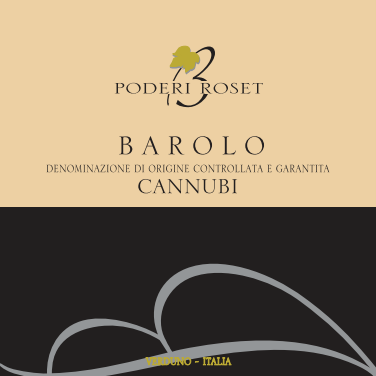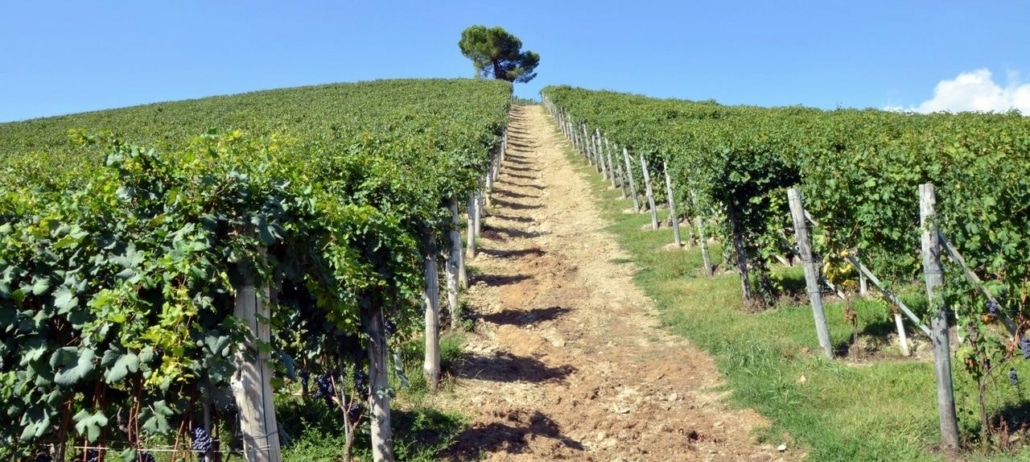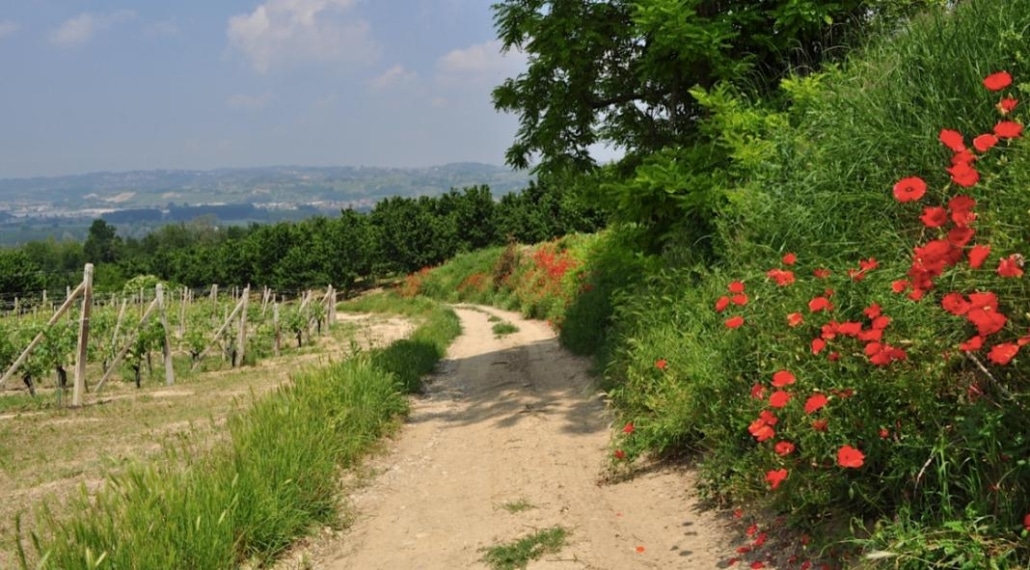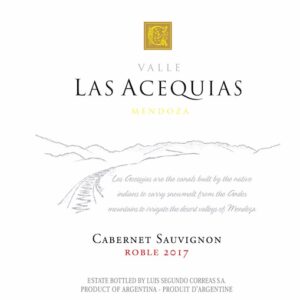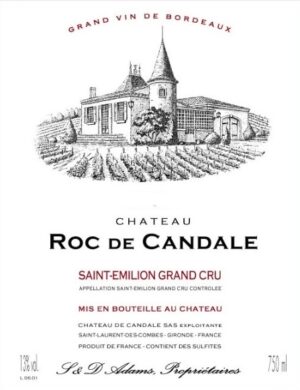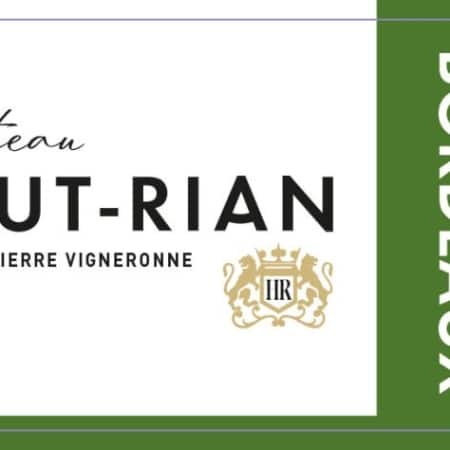ABOUT THE PRODUCER: Poderi Roset
Poderi Roset is located in the town of Verduno, in the province of Cuneo. Silvio Busca, now in his late forties, was the original winemaker when the estate was created in 1993 by Alessandro Brero. Silvio comes from a family that grows hazelnut trees (Piedmont is famous for hazelnuts) and he still has 20 hectares under production. He went to wine school in Alba and started making wine at Brero. Energetic and open to new ideas, he is part of a tasting group of winemakers who like to share their experience and tips. Silvio is married to Stefania, Alessandro Brero’s daughter. In 2007, he and a partner, Alberto, bought the winery from Alessandro.
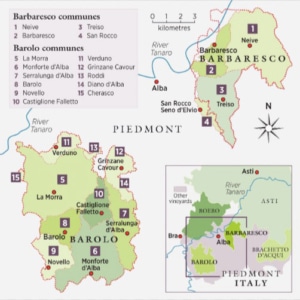
Farming practices: organic practices. Silvio’s philosophy is: “Better work makes better wines, not machines”. He dislikes sitting at a desk and enjoys spending time in his vineyards; some of which he owns, others he rents, all cultivated with the same care. He never uses tractors for they would erode the soil. He brings cows to the vineyards, every 3 years to plow the soil, and has not used chemicals since 2006. If a vintage is particularly difficult due to the bad weather, he might use a treatment that would not be 100% compatible with organic practices, but that has not happened since 2011. He only employs two full-time workers to help him.
Vinification practices: the grapes are basket-pressed, very gently, in small batches of 200 kilos. Malolactic fermentation happens naturally 15-20 days after the alcoholic fermentation, before the wines are put in barrels – mostly used ones. The wines are unfiltered, only decanted several times to achieve natural clarity. They are notable for their suave textures and complex aromatics. All wines are vegan.
The tiny village of Verduno, at the foothills of the Alps. On the right, the 2500l casks, which are composed of half French oak and half Slovenian oak. They are assembled in Austria.

